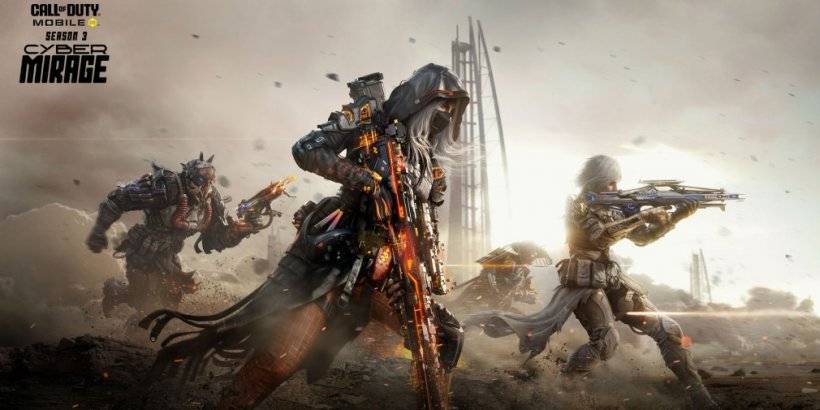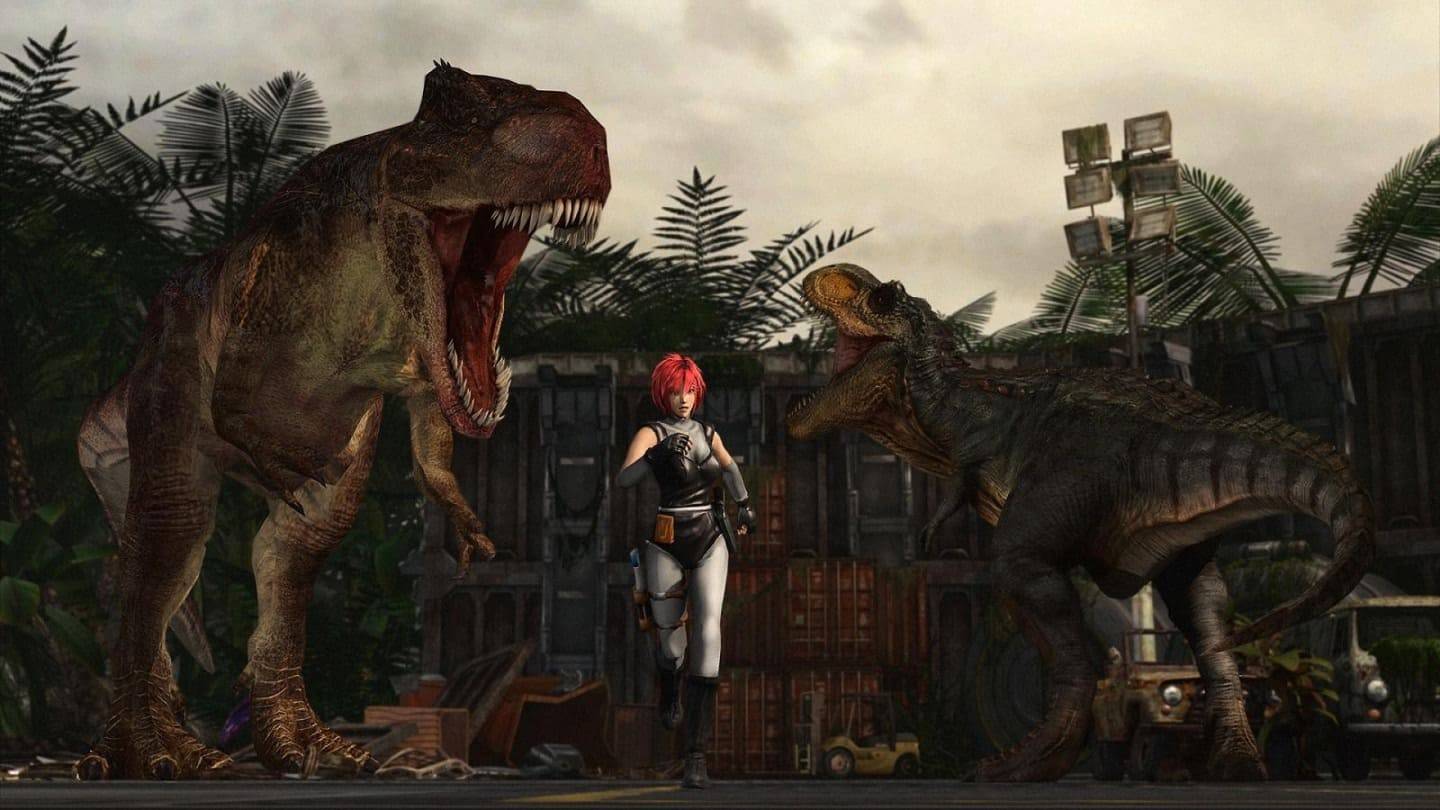In the ever-evolving landscape of video game development, Capcom is pioneering the use of generative AI to streamline the creation of in-game environments. As costs continue to soar, game publishers are increasingly turning to AI tools to enhance efficiency and reduce expenses. For instance, Call of Duty reportedly introduced an "AI-generated cosmetic" for Call of Duty: Modern Warfare 3 in late 2023, sparking controversy among fans who also accused Activision of using AI for a loading screen the previous year. Similarly, EA declared in September that AI is "the very core" of its business strategy.
In a recent interview with Google Cloud Japan, Kazuki Abe, a technical director at Capcom with experience on major titles like Monster Hunter: World and Exoprimal, shed light on the company's AI initiatives. Abe highlighted the challenge of generating "hundreds of thousands" of unique ideas for in-game objects, such as televisions, which require distinct designs, logos, and shapes. "Including unused ones, we ended up having to come up with hundreds of thousands of ideas," he stated (via Automaton).
To address this, Abe developed a system where generative AI can analyze game design documents and produce numerous ideas. This approach not only accelerates development but also allows the AI to refine its outputs through self-feedback. His prototype leverages multiple AI models, including Google Gemini Pro, Gemini Flash, and Imagen, and has garnered positive feedback from Capcom's internal teams. Implementing this AI model could significantly cut costs while simultaneously enhancing the quality of in-game assets.
Currently, Capcom's use of AI is confined to this specific system, ensuring that other critical aspects of game development—like ideation, gameplay mechanics, programming, and character design—remain under human control. This balanced approach aims to harness AI's potential while preserving the creative essence of game development.

 LATEST ARTICLES
LATEST ARTICLES 












